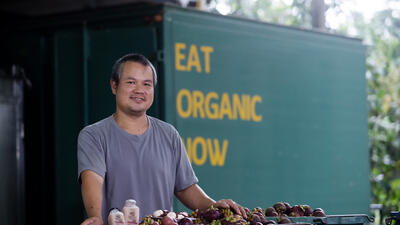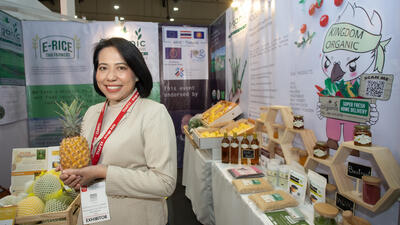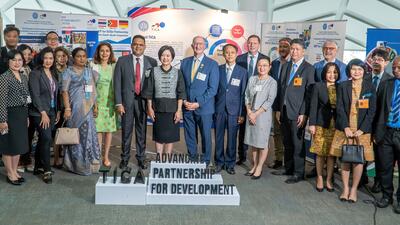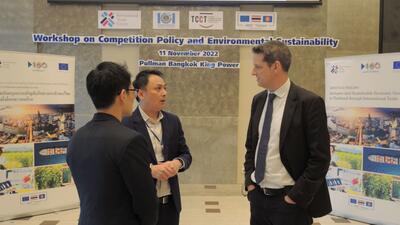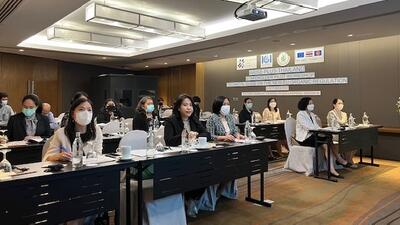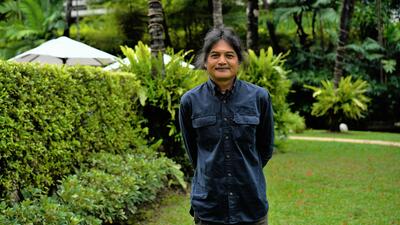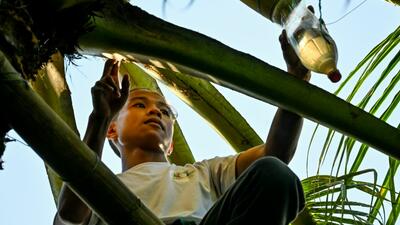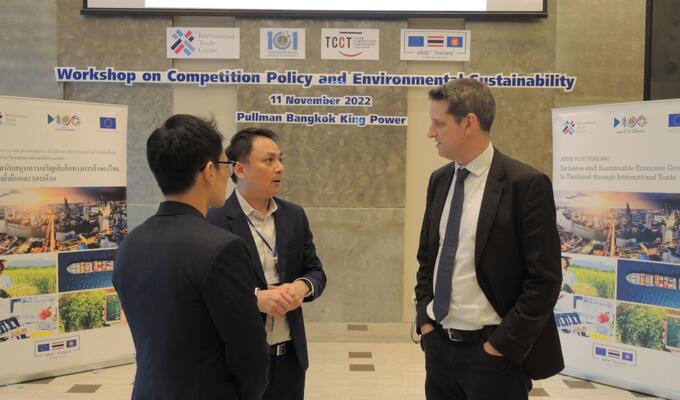
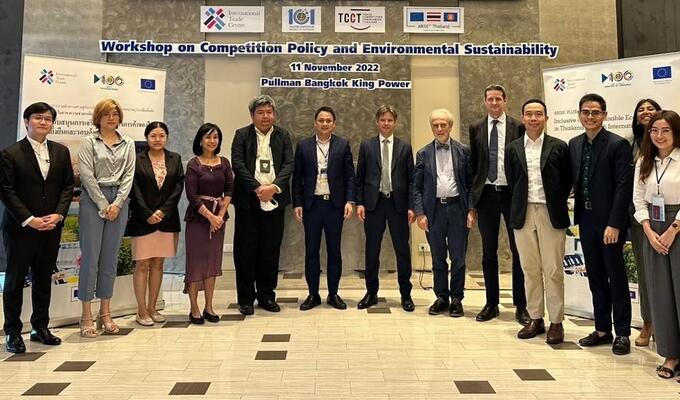
Supporting a conducive business environment in Thailand
Effective competition policy is key to promoting sustainable and inclusive economic growth for the benefit of small and medium sized enterprises and consumers, while environmental policies are now critical in the wake of increasing climate change and sustainability concerns.
Together, competition and environmental policies can positively reinforce one another – by intersecting on efficient resource allocation, protecting product quality, and innovating – in order to promote sustainable and pro-competitive business practices. For example, competition authorities could have considerable influence on sustainability-related business practices by addressing such challenges as green cartels and greenwashing.
During an event organized under the APEC Competition Policy and Law Group on sustainability, the International Trade Centre presented the interlinkages between competition policy and environmental sustainability, including the importance of advocating for environmental regulations, policies, and initiatives that observe competition principles and encourage the role of competition authorities in the policymaking process.
Leveraging competition policies to achieve green innovation goals and the key role of competition policy in food system transformations were a key focus during the discussions.
Exemption applications for sustainability and sharing of initiatives from other jurisdictions, including the EU, and characteristics of sustainability business agreements that would be compatible with competition laws were also examined.
In addition, ITC carried out a workshop in Bangkok for officials of the Trade Competition Commission of Thailand (TCCT) and sector regulators, which explored environmental considerations in competition cases and investigations.
Various approaches available to competition authorities, latest best practices and developing country perspectives were also considered.
Karnrapee Phollit, Foreign Affairs Officer, TCCT remarked, “This workshop will help me develop an in-depth understanding of competition laws in Thailand at a time when the discussion about competition and environment policies has become more critical than ever.”
Organized under the framework of the EU ARISE Plus Thailand project, the workshop also presented European case studies that were instrumental in explaining anticompetitive agreements and exemptions, in relation to market studies on electric vehicles, and renewable energy policies.
About the project
The ARISE Plus Thailand project supports sustainable trade growth in the country through promoting a transparent, predictable and competitive business environment, improving the efficiency of public expenditure and service delivery, as well as enhancing organic agriculture practices in Thailand and disseminating them within the Association of South East Asian Nations (ASEAN).
The three-year project is funded by the European Union and part of its national ARISE Plus projects portfolio to support greater connectivity and economic integration in ASEAN.




